Ice Cream Trucks and Nightclubs: The Frontiers of Vaccine Distribution
February 1, 2021
New vessels of vaccine distribution may become mini-hospitals soon.
Last Friday, New York City mayoral hopeful Andrew Yang presented his policy prescription for the efficient transportation and administering of the two known COVID-19 vaccines: to utilize the refrigeration provided in ice cream trucks, nightclubs, and bars to strengthen the network of hospitals that offer vaccination.
When considering the 24-hour refrigeration that these sites provide—essential to transport and store the existing vaccines safely—Yang’s policies may be a more efficient and cost-effective way to drive forward NYC’s efforts in distributing vaccines.
At the crux of Yang’s policy is the need for more accessible healthcare, coupled with a strong network of urgent care providers in both public and private healthcare systems. As evidenced by a study published in the US National Library of Medicine, the public sector generally lacks timeliness and hospitality compared to private sector care.
“Right now, there are some underutilized resources that we may be able to take advantage of,” Yang mentioned In his virtual press briefing the same day. “The healthcare system is very disproportionately accessible—or inaccessible to some—and it’s also somewhat fragmented,” he noted, highlighting the sharp divide between public and private healthcare providers.
Though his proposal may seem rooted in good intent, some have noted that the abrupt intervention in store owners’ activities may “disrupt ice cream distribution.”
This argument was later refuted by Chris Van Deusen, the Director of Media Relations for the Department of Social and Health Services (DSHS)—the only caveats regarding the distribution of vaccines via ice cream trucks, he notes, would be of concern “if we end the pandemic, and people get to go out again and stop eating so much ice cream at home.”
Considering the exceptional mobility and accessibility to sites that ice cream trucks and nightclubs provide, this policy—seemingly infeasible—may very soon become a reality in Andrew Yang’s New York.
“I’m confident that there are ways we can give people that ability to reassure folks that they’ve been vaccinated while being inclusive,” the mayoral hopeful notes. Other policies Yang plans to adopt if elected include a monthly handout of a universal basic income (UBI), along with an actionable and safe plan for reopening public schools amid the pandemic.

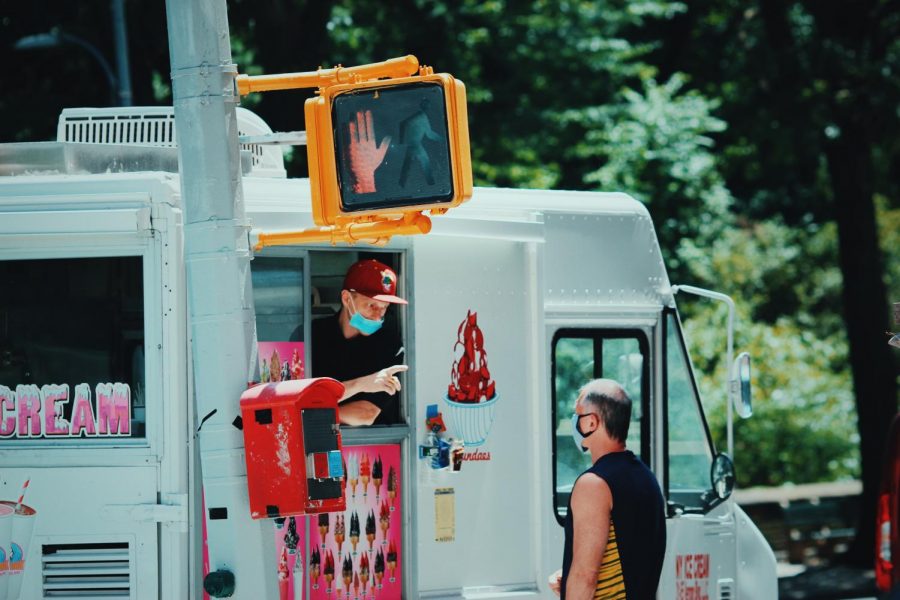
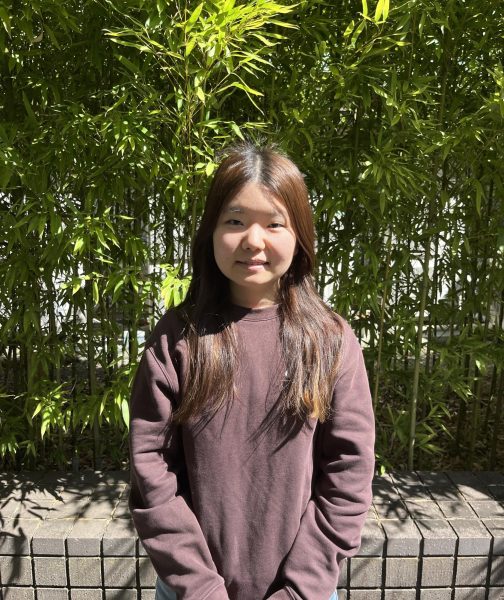



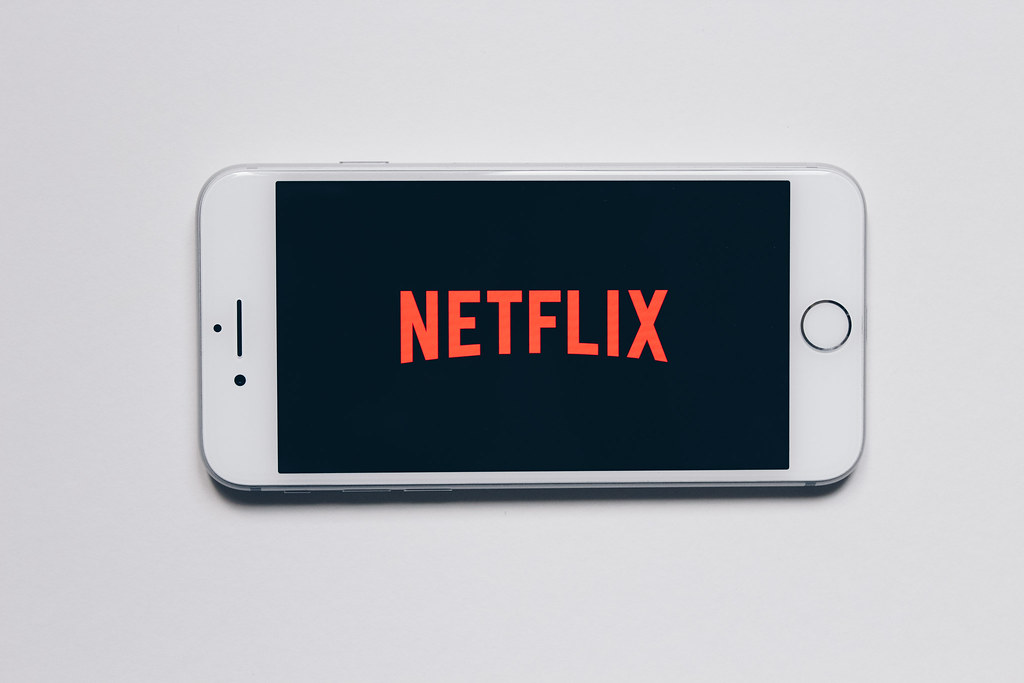
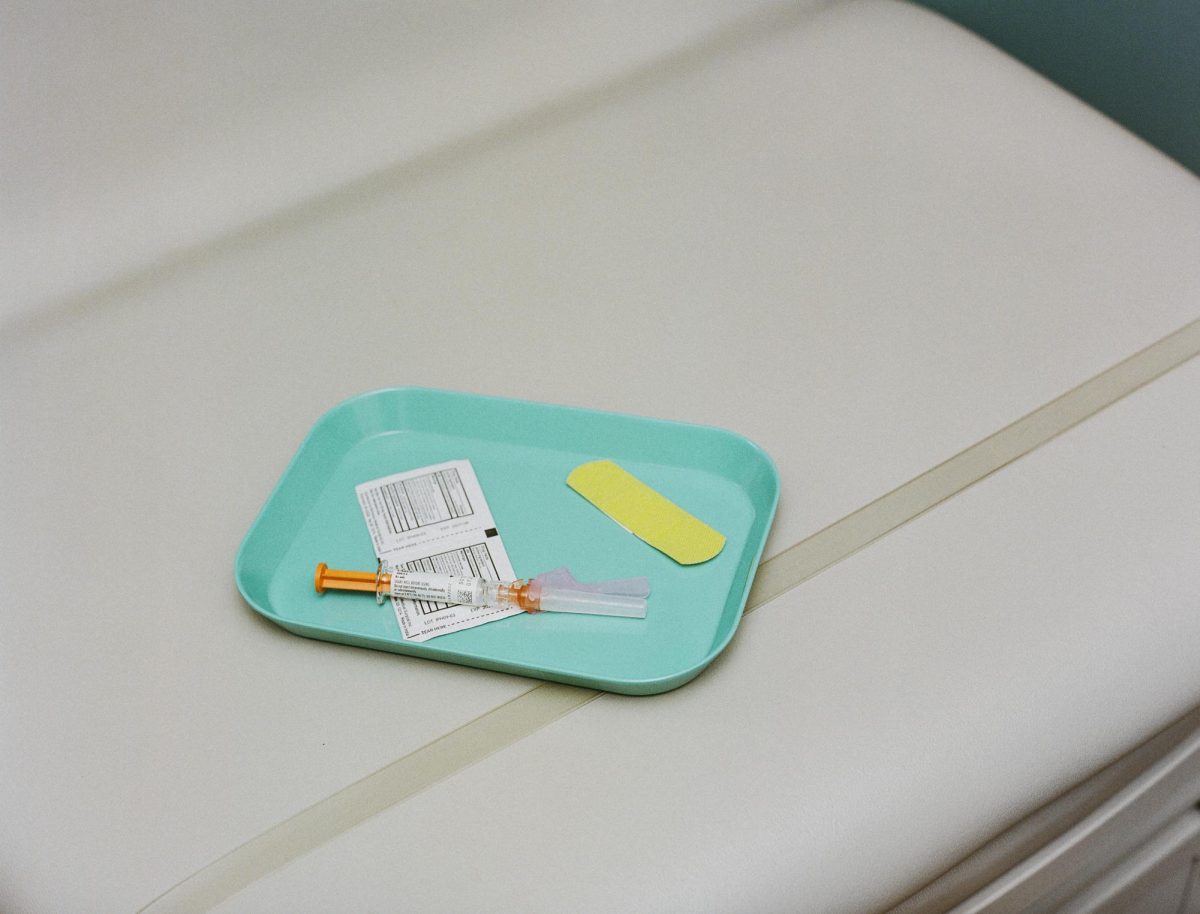
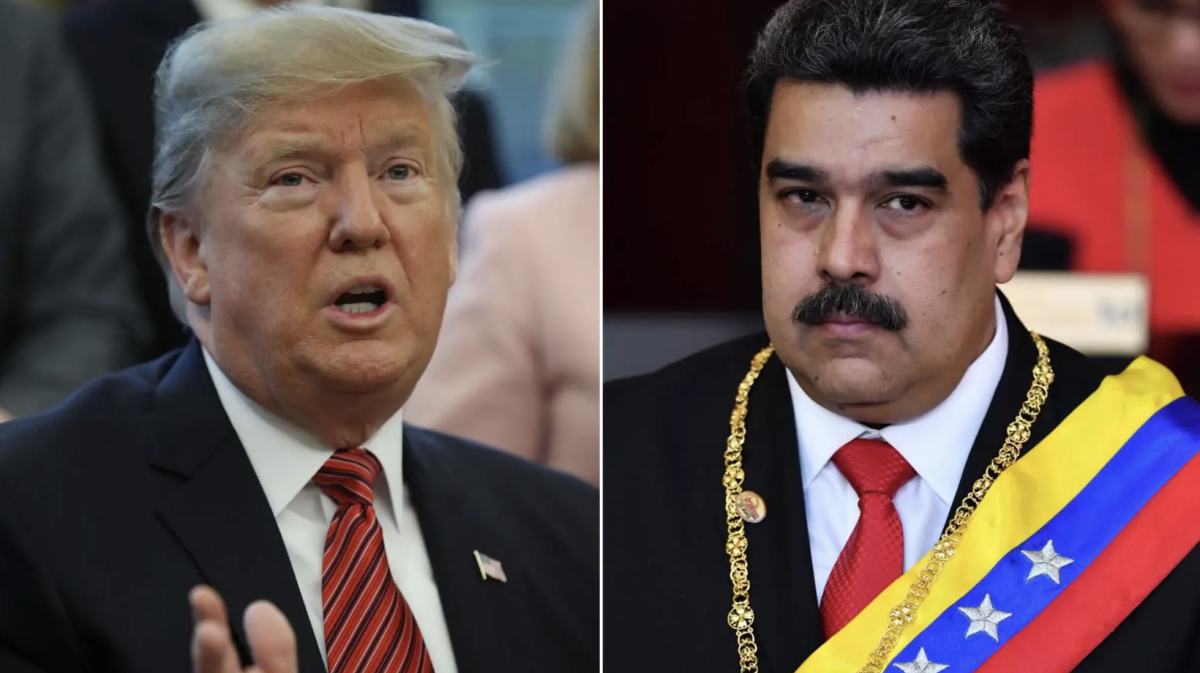
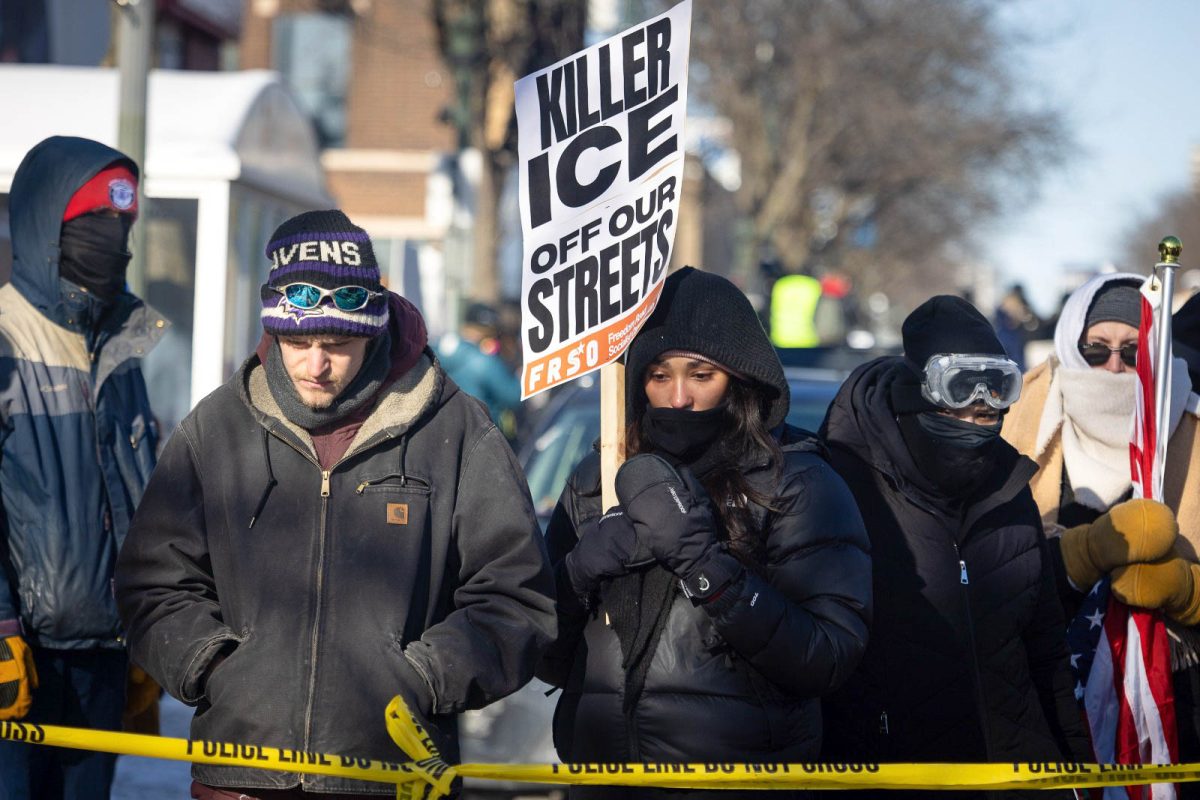
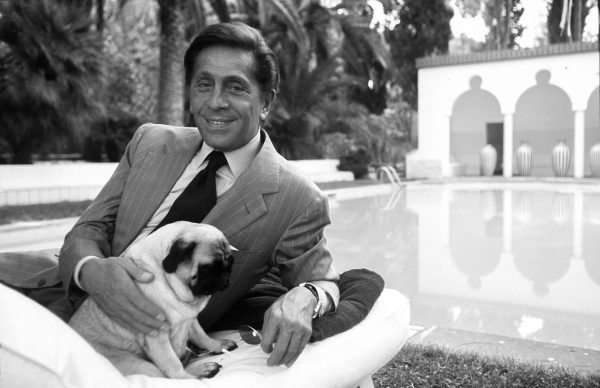
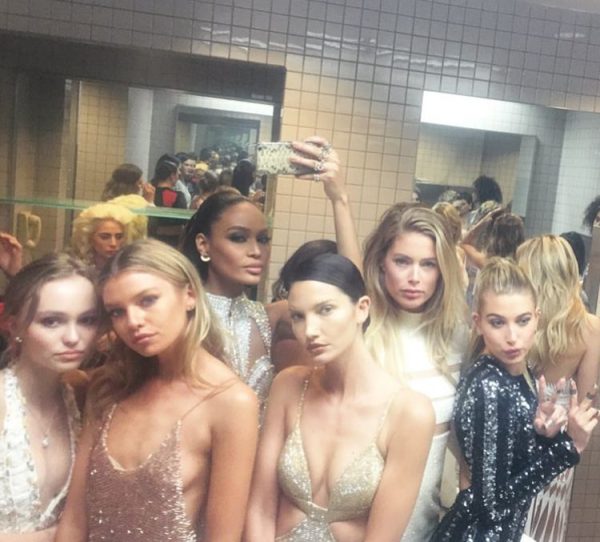




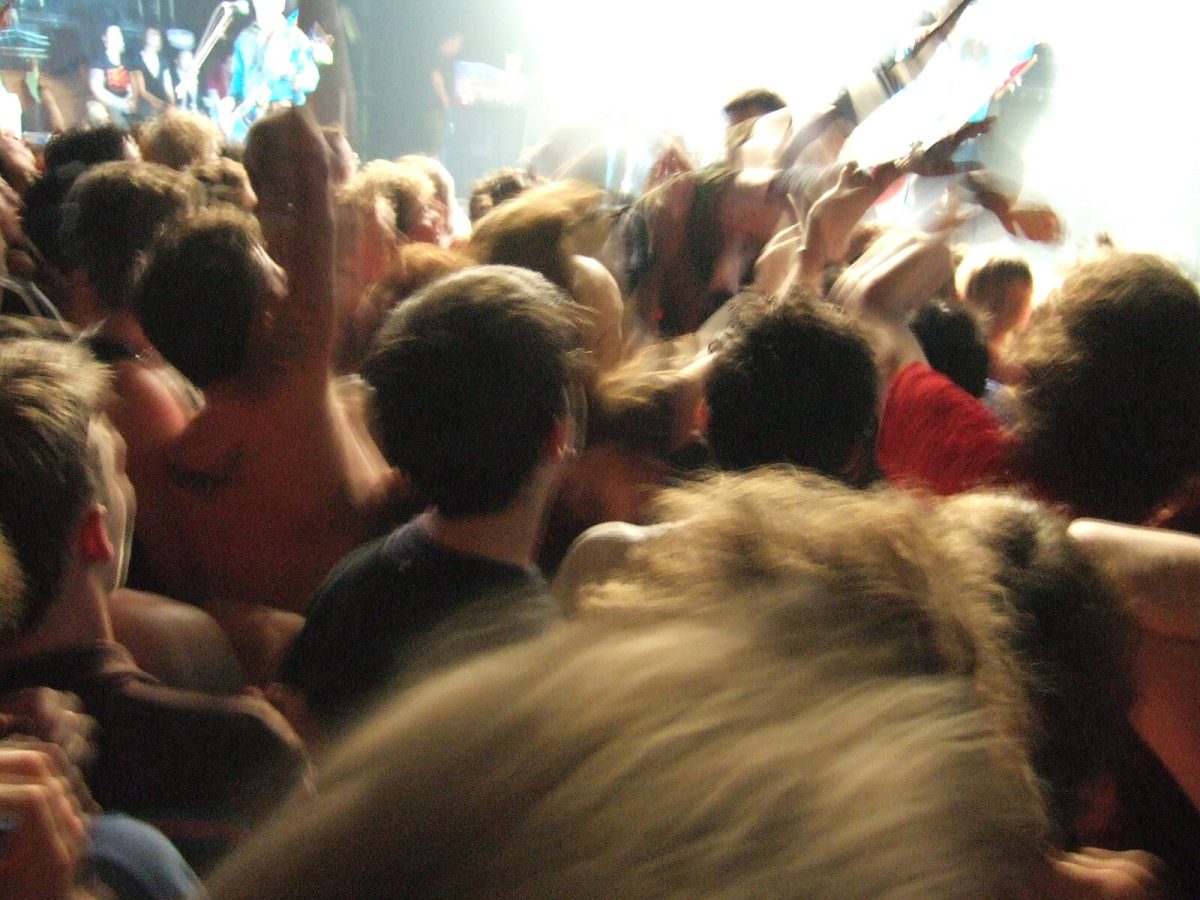



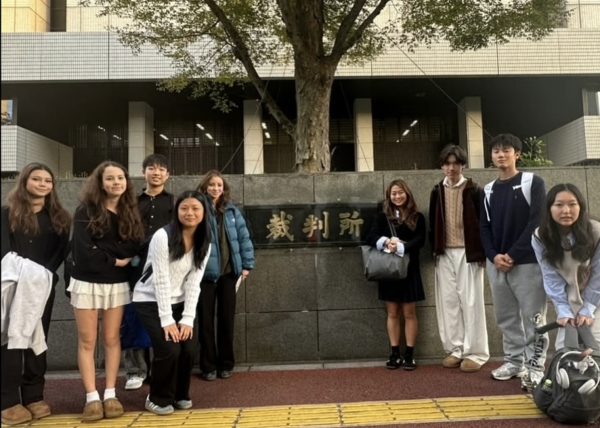
Keegan • Apr 30, 2021 at 2:47 PM
I think this is a very interesting article that I do not think i would have heard about if not for it being here Thank you for putting in time to write these articles.